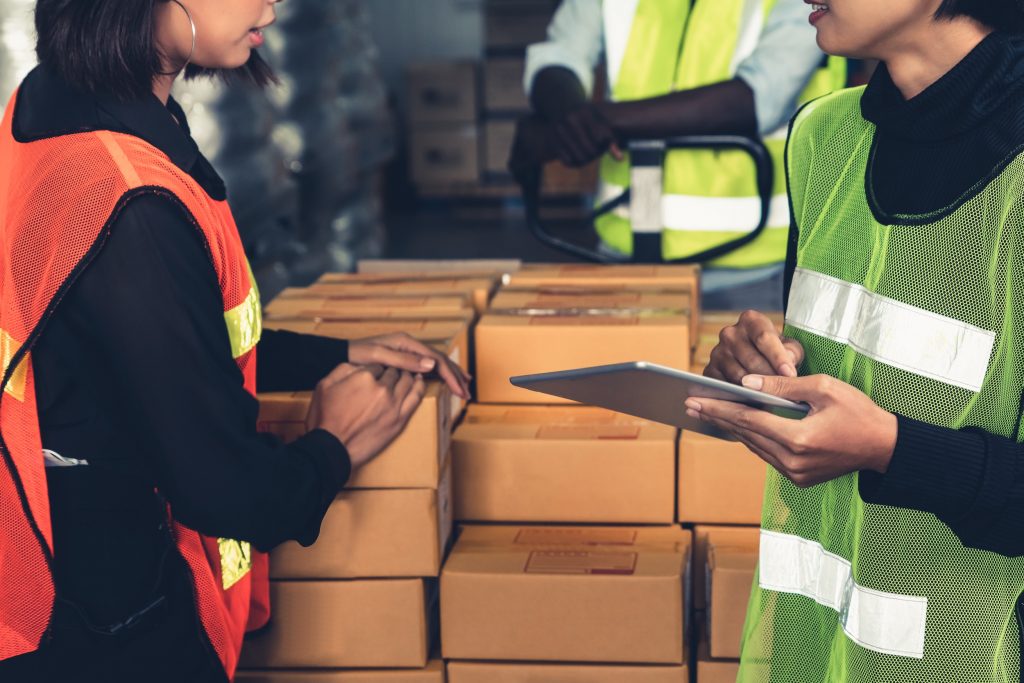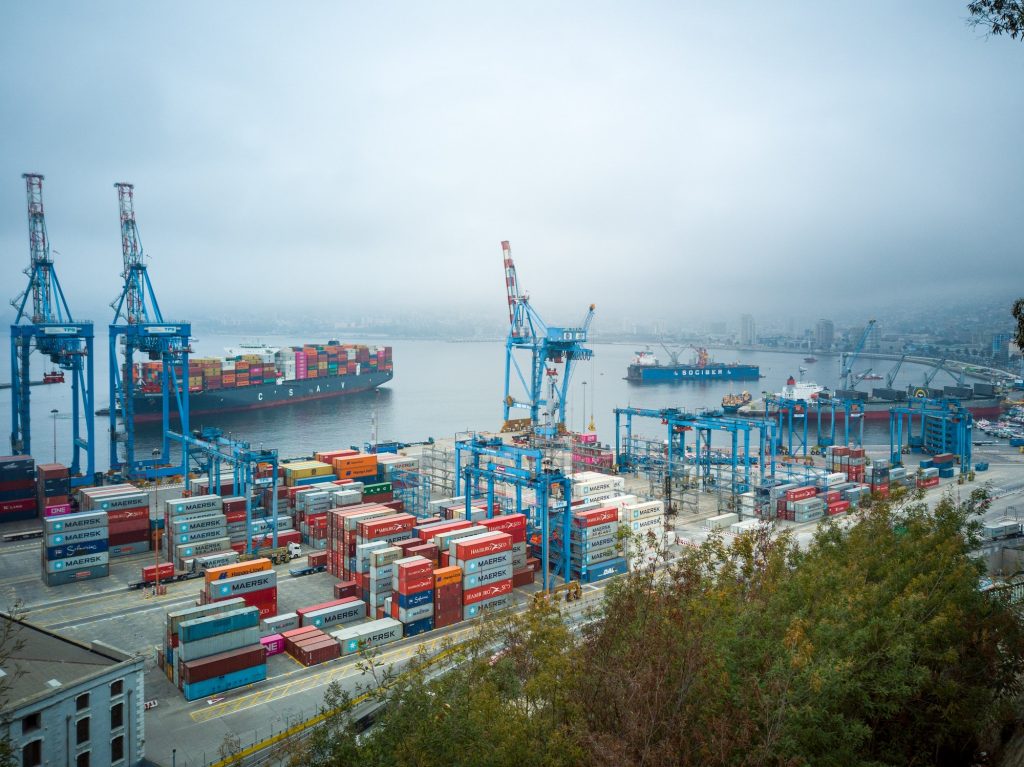In today’s global marketplace, where commodities play a vital role in various industries, ensuring transparency and traceability in supply chains has become increasingly crucial. Commodity management involves handling raw materials and products that are traded internationally, making it essential to have robust traceability systems in place. This blog post highlights the significance of supply chain traceability in commodity management and explores the benefits it offers to businesses, consumers, and the environment.
Ensuring quality and safety standards
Supply chain traceability is essential in commodity management to ensure adherence to quality and safety standards. By tracing the origin and journey of commodities from production to distribution, businesses can verify that products meet the required quality specifications. This is particularly important in industries such as food and pharmaceuticals, where consumer safety is paramount.
Traceability systems enable quick identification and removal of potentially contaminated or defective products, preventing widespread recalls and safeguarding public health. By implementing traceability measures, commodity businesses can maintain consumer trust and confidence in their products, reducing the risk of financial losses due to product recalls or legal liabilities.

Mitigating supply chain risks
Commodity management involves navigating complex global supply chains, which are susceptible to various risks such as counterfeiting, theft, and unethical practices. Supply chain traceability helps mitigate these risks by providing visibility into each stage of the supply chain, from sourcing to distribution.
By tracking and documenting the movement of commodities, businesses can identify vulnerabilities and weak points in their supply chains. This enables them to implement appropriate risk management strategies, such as strengthening security measures, verifying supplier credentials, and conducting periodic audits. Proactive risk mitigation measures enhance operational resilience and protect businesses from financial losses caused by supply chain disruptions or reputational damage.
Meeting regulatory compliance
Commodity businesses operate in a highly regulated environment, with stringent requirements imposed by local and international authorities. Supply chain traceability plays a vital role in ensuring compliance with these regulations.
By accurately documenting and tracing the origin of commodities, businesses can demonstrate compliance with environmental standards, labor laws, and fair trade practices. This is particularly relevant for industries like timber, minerals, and agriculture, where illegal or unethical practices can have significant environmental and social impacts. Non-compliance can result in fines, legal actions, and reputational damage.
Implementing robust traceability systems not only helps businesses meet regulatory requirements but also demonstrates their commitment to sustainable and ethical practices. This can attract environmentally and socially conscious consumers, creating a competitive advantage in the market.

Enhancing sustainability and ethical sourcing
Supply chain traceability plays a crucial role in promoting sustainability and ethical sourcing practices in commodity management. By tracking the origins of raw materials, businesses can ensure that they are sourced responsibly, minimizing the negative environmental and social impacts associated with extraction or production.
Traceability enables businesses to verify compliance with certifications such as organic, fair trade, or sustainable sourcing standards. This allows them to meet the growing consumer demand for ethically produced commodities and differentiate themselves in the market.
Moreover, supply chain traceability facilitates transparency and accountability throughout the supply chain. It encourages suppliers to adopt sustainable practices, reduces the risk of human rights violations, and promotes fair compensation for workers involved in commodity production. By embracing traceability, commodity businesses can align with global sustainability goals and contribute to a more sustainable and ethical supply chain.
Not just a buzzword
In the realm of commodity management, supply chain traceability is not just a buzzword but a fundamental requirement for businesses to thrive. It ensures product quality and safety, mitigates supply chain risks, facilitates regulatory compliance, and promotes sustainability and ethical sourcing. By embracing traceability systems, commodity businesses can build trust with consumers, enhance operational resilience, and stay ahead in an increasingly competitive and socially conscious marketplace.

